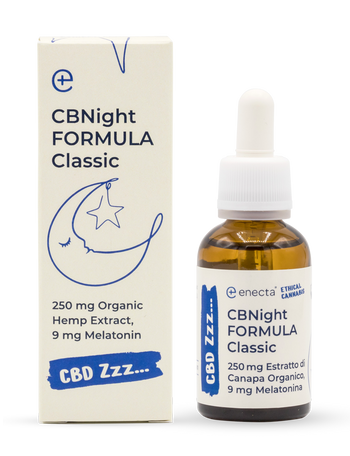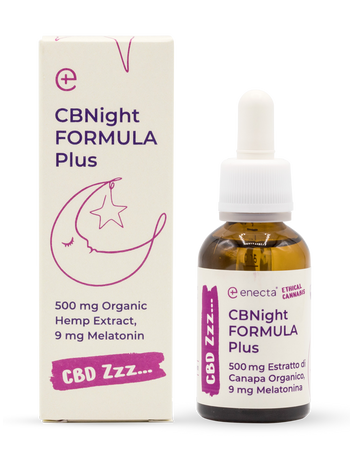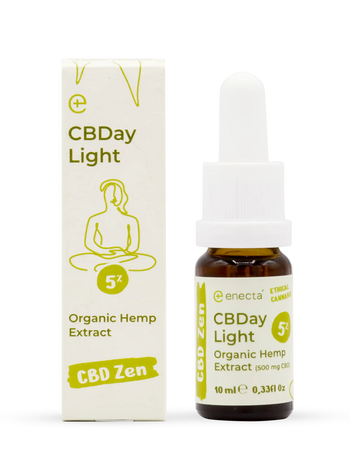CBD is a nootropic, sustains the cognitive function and hence the recovery in terms of attention and concentration.
Cannabidiol is thus appreciated for improving the generalized state of wellbeing.
What does ‘nootropic’ mean?
The term nootropic was used for the first time between the Sixties and Seventies by the chemist Corneliu E. Giurgea, author of studies on substances stimulating the human mind and improving its cognitive capacities.
A substance can be defined nootropic when it facilitates the release of neurotransmitters, enzymes, hormones and oxygen supply to the brain.
Nootropics can be divided in two categories: the first is that of supplements and natural products, while the second is composed of actual medical drugs.
Nootropics are used to sustain the health of the brain and to improve various aspects of the cognitive functions, including memory, concentration, attention, mood, readiness, resistance to stress and motivation.
They can have different mechanisms of action, like improving the chemical substances of the brain, improving the cerebral circulation and fighting inflammation.
Memory is divided in two categories: short term and long term. The first has the characteristics to maintain the information active, while the second has the capability to store and remember information for longer periods.
THC and CBD would act in different manners on memory with effects which are in some way diametrically opposed.
The Study
A research study published in the British Journal of Psychiatry examined 134 consumers of Cannabis.
Divided in two groups, the first group consumed Cannabis with a high THC content, while the second with a high CBD content.
From the analysis conducted, it emerged that the first group manifested memory deficit while those consuming high levels of CBD did not show any kind of deterioration in memory.
The preliminary conclusion the research team arrived at, is that single cannabinoids can affect memory in different ways.

































